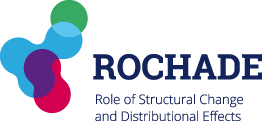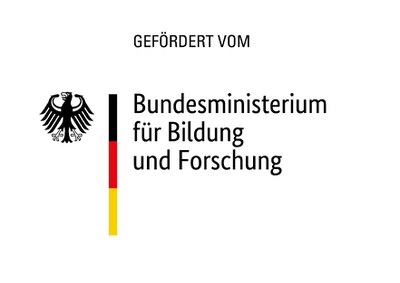Leimbach, Marcolino, Koch, 2023
Shared socio-economic pathway (SSP) scenarios represent a consistent set of socio-economic assumptions and a major input of Integrated Assessment Models on climate change. This study added a driver that is missing so far in the SSP framework - the evolution of the sectoral structure of economies. A newly constructed set of structural change scenarios is presented. These structural change scenarios represent a well-known characteristic that accompanies the process of economic growth and development - the reallocation of economic activity between the three major sectors agriculture, manufacturing and services. While we construct scenarios for the sectoral shares of labor, value-added and energy based on historical data and an econometric approach, which comes with some limitation, these scenarios are linked to the SSP GDP scenarios and hence implicitly capture properties of the narratives underlying them. We find that the pattern and speed of structural change differ under different SSPs. Moreover, while the scenarios for developing countries reproduce structural change patterns (e.g., hump-shape of manufacturing labor share), observed for developed countries in the past, the projected transformation, in particular the reduction of labor shares in the agricultural sector, represents a tremendous challenge.

